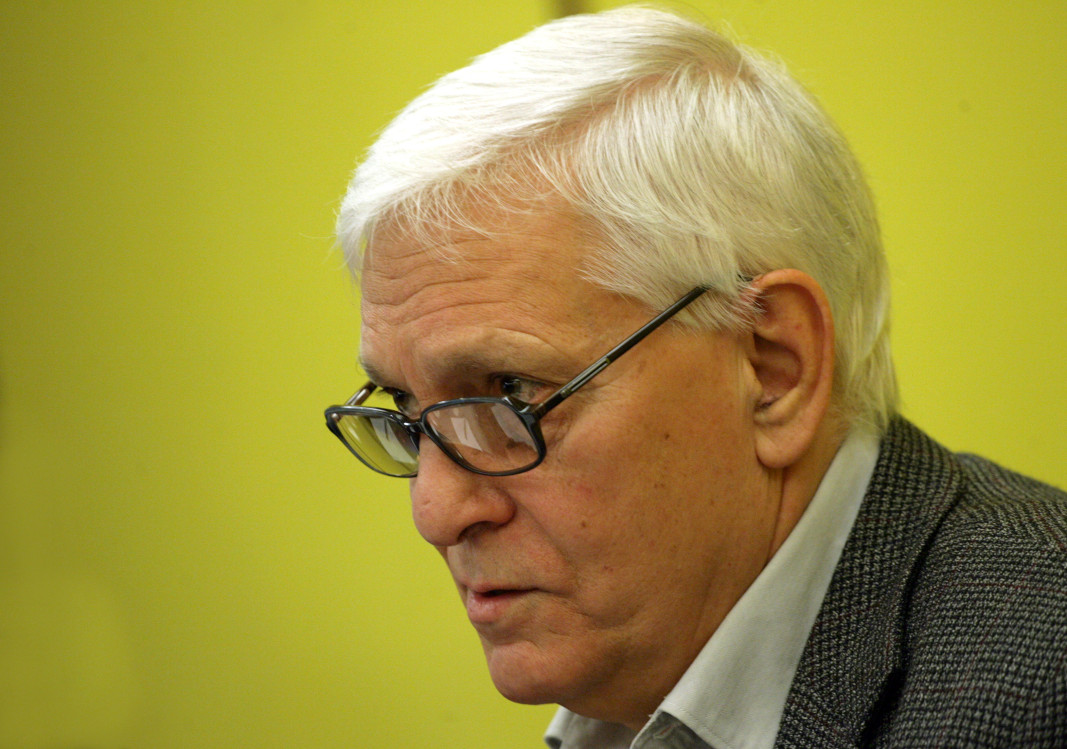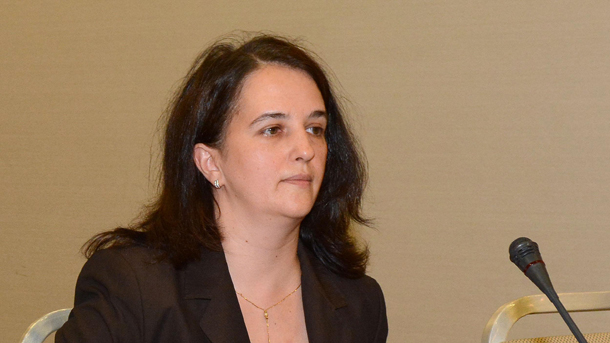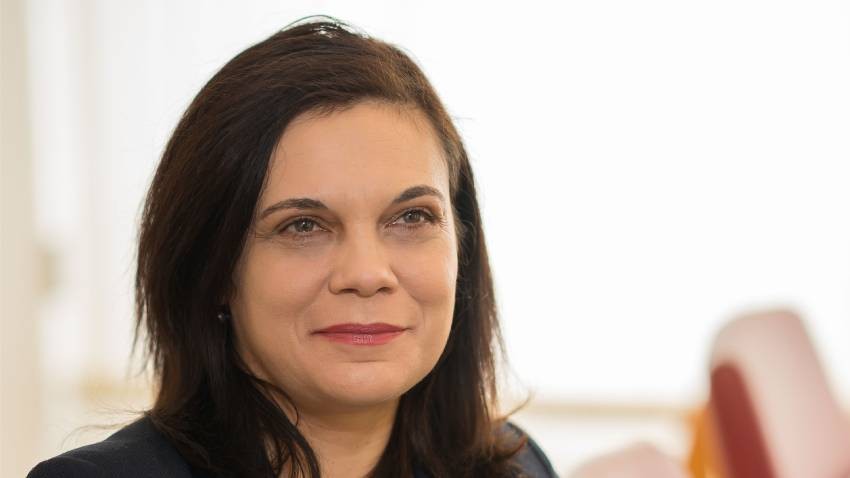Having cleared the hurdle of approving a President of the 49th National Assembly, the political formations represented in parliament now face the challenge of forming a regular government of the country.
As President Rumen Radev gets ready to hold consultations with, first the biggest political force in parliament GERB/SDS, and then with the second biggest - We Continue the Change/Democratic Bulgaria today, we look to analysts for an answer to the question: How realistic is the prospect of a regular government?

“What version of a cabinet may be formed depends on what the parties have reached agreement on,” says political analyst Assoc. Prof. Daniel Smilov, in an interview with Lyudmila Zhelezova from the BNR’s Horizont channel. “What we are seeing is the construction of a legislative majority in parliament. The two top political forces (GERB/SDS and We Continue the Change/Democratic Bulgaria – editorial note) agreed to adopt several bills together, bills that will serve different purposes. There is some kind of interaction but whether it will be enough to lead to some sort of government is another matter. Parliamentarianism is flexible enough, there exist different models.”
The talks continue, so it cannot be said that the process has been completed, Assoc. Prof. Smilov says, and adds there is no way a government can be formed that everyone is going to like. “All options depend on what the parties negotiate,” he says.

“This isn’t a perfect formula for a government, it is a way to get out of the mire we are in,” says philosopher, culturologist, art critic, university lecturer and former minister of culture Prof. Ivaylo Znepolski in an interview with Horizont channel’s Lyudmila Zhelezova. “We have two parties ready to sacrifice something. This is a chance for political life to go back to some kind of normalcy.”
“It seems to me we are moving towards the formation of a government, and that is the most positive thing that could happen,” Prof. Znepolski says further. “If not, the institutional crisis the party system has entered could go to very dangerous extremes. Party selfishness and emotions have developed to such a degree that they seem to have turned their back on the idea that we are living in one country, that we are responsible for its future, that we must think about how we are going to continue living together”, he says, and adds that democracy is not about eliminating the opponent.

“The coalitions taking part in the negotiations need a certain amount of time to begin to adjust to one another. After all, they are political forces which, for more than a year, were digging trenches separating them.” That is how political scientist Ruzha Smilova comments the information on what has been achieved during the negotiations between representatives of the two biggest political forces in parliament GERB/SDS and We Continue the Change/Democratic Bulgaria, in an interview with Yanitsa Marova from the BNR’s Radio Plovdiv.
“That requires a bit more time, and a change of rhetoric, which, during the election campaigning, was dominated by a little bit more confrontation, especially on the part of GERB/SDS. We continue the Change/Democratic Bulgaria attempted a change of tone even before the election, with a campaign more open to dialogue, with more promises for the future rather than digging more trenches separating them from the other political forces,” Ruzha Smilova comments.

“It is up to the parties themselves whether they will allow the president to continue to run the political process according to his own agenda, or whether they will promote their own agenda with the public who voted for them,” says from Alpha Research polling agency in an interview with Horizont channel’s Silvia Velikova.
“Since 2020 the president has had his own agenda with what is perhaps just one highly discernible element – no attempt whatsoever to consolidate parliamentary rule. The parties have the responsibility to take the initiative – something they did with the dialogue initiated in the National Assembly which is a positive step towards restoring normalcy in parliamentary rule.”
We Continue the Change/Democratic Bulgaria continue to convey the message that they will not support or take part in a GERB government, Genoveva Petrova goes on to say. However, she adds that the most logical thing in the current parliamentary configuration would be for these two biggest political forces to nominate a cabinet. During the next round of negotiations, the two political forces could try to reach a decision to form not a coalition government directly, but a government that would have the support of both, Genoveva Petrova believes. “The opposite would be taking a step back, something neither GERB/SDS and We Continue the Change/Democratic Bulgaria, nor their electorates would welcome,” she says. Collaboration is not a retreat from their political positions, Genoveva Petrova adds further. There is nothing more natural than for two political formations with common positions on key issues to work together. Genoveva Petrova believes the chances of a government being formed on a mandate other than the first and the second mandate (to be handed to GERB/SDS and to We Continue the Change/Democratic Bulgaria – editorial note) seems slim, though theoretically it is possible. “The situation requires sacrifices, which if the two big formations do not make, then I do not believe that would be an asset for them at the next election,” the sociologist says.
“There is no perfect option. How the formation itself will act is a question of a political decision it will have to make,” sociologist Genoveva Petrova says, and adds that the worst kind of position is lack of position.
President Radev is meeting for consultations with GERB/SDS and then We Continue the Change/Democratic Bulgaria this afternoon.
Interviews by Horizont channel, Radio Plovdiv, BNR
Compiled, translated from the Bulgarian and posted by Milena Daynova
Diplomatic relations between China and the European Union span over half a century and have delivered substantial economic gains. “Trade between China and Europe has grown from 2.4 billion to almost 786 billion US dollars, with today’s daily volume..
"There was definitely more tension in this session of the European Parliament." This was commented by Angelina Piskova, BNR correspondent for the European institutions during a journalist round table in the programme "Strasbourg Calling" broadcast..
Greece temporarily closes route for migrants from North Africa Greece is suspending for 3 months asylum applications from migrants arriving in Greece from North Africa by boat, EuroNews-Greece reported. "The route to..

+359 2 9336 661
